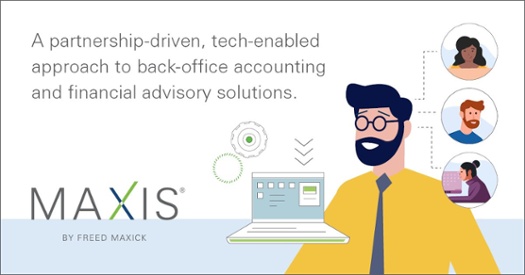The importance of record retention for businesses
As tempting as it might be to do a year-end paper purge and shred, as a business owner, and even as an individual taxpayer, you have an obligation to keep certain records related to your taxes and business activities for a specified period of time. But with so much information being collected over the course of the year, how do you know what’s important to save, where to keep it, and for how long?
A Business Record Retention Process is Good Practice
Record retention is a really good business practice. We recommend companies, regardless of size, develop and maintain a formal policy (a good practice at home, too!). An established record retention process keeps everything consistent and leaves little room for information to be misplaced, lost, or prematurely disposed of.
In accordance with state, federal, legal, and regulatory requirements, certain tax-related employment, corporate, and accounting records should be kept to ensure that you have the correct documents to support your position in the event of an accounting and/or legal conflict or dispute.
The IRS will accept paper or electronic documents, but the adoption of electronic records makes saving paperwork, exchanging information, and retrieving documents quicker and easier. However, the system is only as good as your backup and security. So maintaining a reliable, off-site backup in the event of a business disruption (pandemic) or in the case of a disaster (flood) is critical.
A Better Way to Approach Business Record Retention
MAXIS® by Freed Maxick is a comprehensive approach to back-office accounting that delivers timely financial information to enable data-driven decision making. This service automates your back office bookkeeping and accounting, tailoring data to deliver more accurate, detailed financial information.
In the case of record retention, our team uses the cloud to protect documents keeping them better organized and more accessible. Whether tracking inventory levels, monitoring financial transactions, maintaining cash flow, or referencing bank reconciliations, virtually every element of the business is stored securely for convenient referencing.
Record Retention Guidelines for 2022
The MAXIS team created this Record Retention PDF Guide to help you determine the requirements related to your specific documents.
An exact science? No. But if ever you are called into question, complete and accurate data will be requested. Having it indexed and preserved for easy and organized retrieval will enable you to produce those records in a legible, timely format and make the event less stressful.
Still not sure what to keep and what to toss? Our guide provides a general "rule of thumb” for document retention. To learn more, visit IRS.gov or contact Adam Poole at adam.poole@freedmaxick.com.


